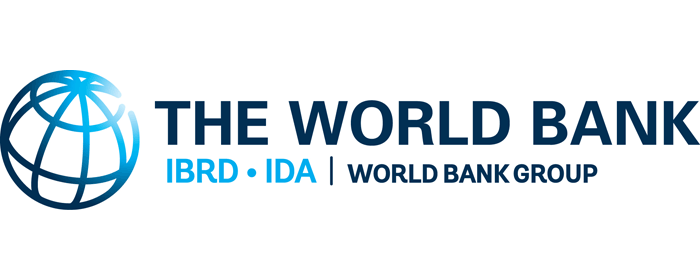Study on Representation, Accountability, and Governance at the Subnational Administration Level in Cambodia

CDRI research on decentralization and local governance reform showed that over the last 20 years, elected commune/sangkat councils have become among the most trusted and respected government institutions across Cambodia. Charged with both representing the government to the people, and representing the needs and desires of their constituents to higher authorities, commune/sangkats councillors are integral actors in strengthening accountability and governance across the country and have played an important role in driving rural development. For greater accountability to citizens, every level of commune/sangkat must have the authority and capacity to carry out their duties.
The National Program on Subnational Democratic Development Phase II 2021-2030 (NP II) also recongises that the subnational administration must develop a greater capacity to support the processes of economic diversification and modernisation that will prove critical to the transition to an upper middle-income country. Yet recent research on the performance and function as well as challenges faced by elected commune/sangkat councils is scarce. In support of the implementation of NP II, CDRI initiated a representative survey of commune/sangkat councils in collaboration with the World Bank’s Social Accountability Trust Fund.
Project Objective
The study will specifically answer three related questions:
- What are the mechanisms of accountability that incentivize and constrain actors within the subnational administration, and what are the most pressing challenges to further strengthening accountability, civic engagement, and participation in subnational governance?
- What are the key areas and methods by which the subnational administration has assumed more responsibility in local development, and what additional supports are necessary from policymakers and stakeholders to enable the devolution of greater responsibility to subnational authorities, particularly commune/sangkat councils?
- What specific policies and interventions can be drawn from this study to support the implementation of the NP II and The Implementation of the Social Accountability Framework?
News & Events
Other Projects
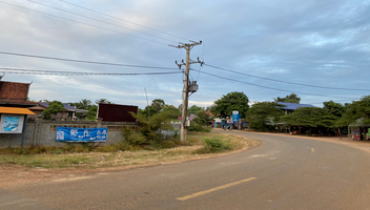
Local Leadership in Cambodia
Since the end of the war, Cambodia has undergone significant social, economic and demographic change as well as governance reform. In 2002,...
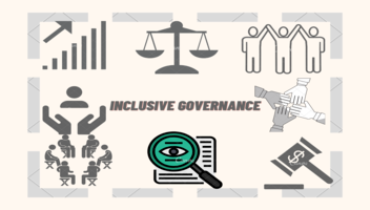
Building Capacities for Civic Engagement, Peacebui...
Over the past two decades, Cambodia has made significant economic progress, with growth being over 7%. The opportunity exists to underpin th...
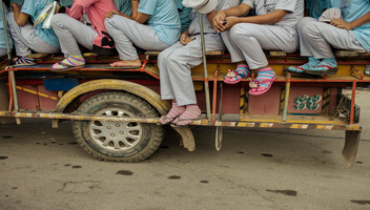
Social Protection and the Gendered Impacts of COVI...
COVID-19 pandemic has caused severe disruption of the global garment industry such as manufacturing shutdowns, consumer lockdowns, order can...
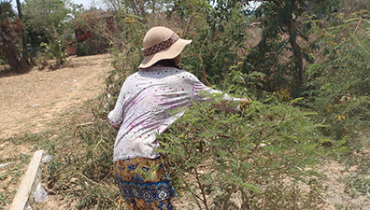
Focusing a Gendered Lens on Climate Resilience, Cr...
This project is cutting-edge research with innovative that addresses cross-cut topics and disciplines in developing holistic interventions...






